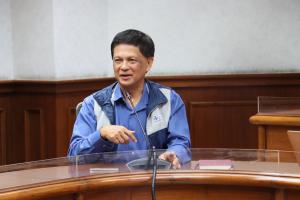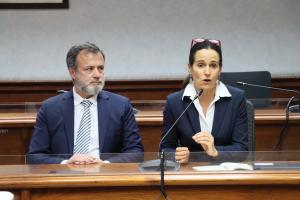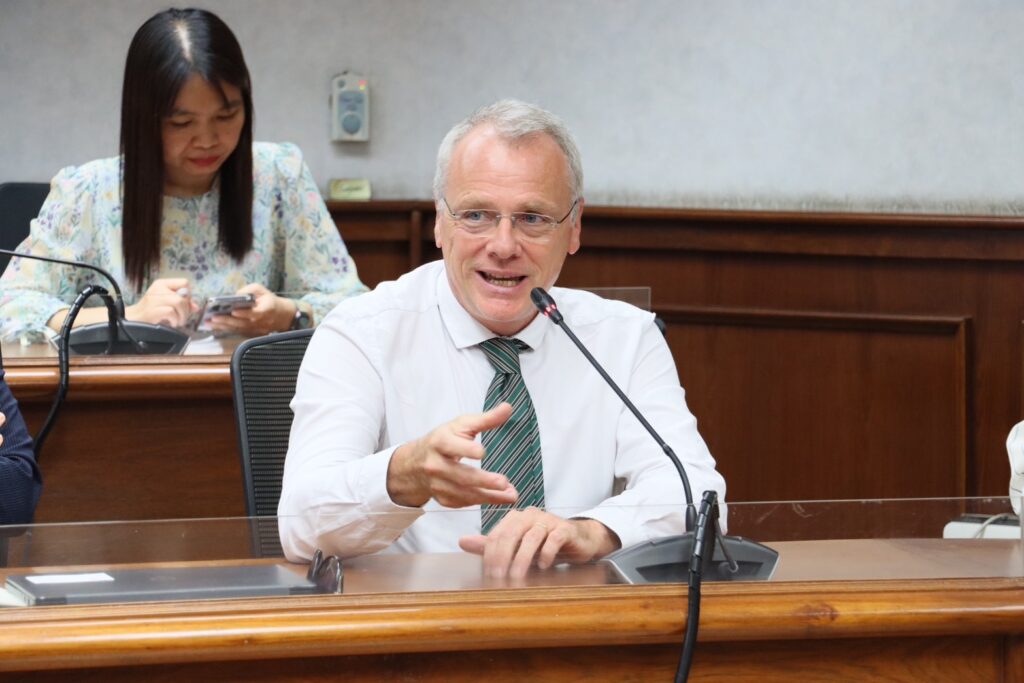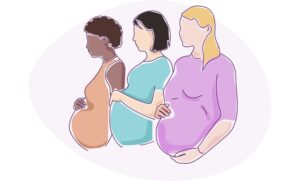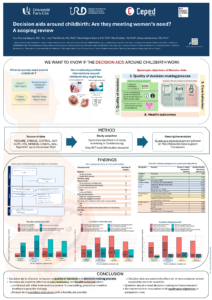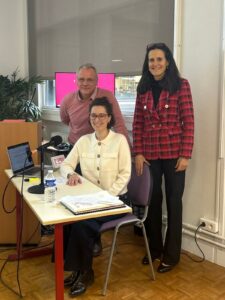A high-level meeting took place on 1 November between our teams and the Thai Ministry of Health, which marked a major step forward and recognition at political level of the Quali-Dec project as a way of helping to reduce non-medically justified caesarean sections.
A very constructive dialogue took place between our teams and the various stakeholders in Thailand. This national mobilisation was eagerly awaited to combat the overuse of caesarean sections in this country, a major public health issue.
Alexandre Dumont, coordinator of the Quali-Dec research project, highlighted the crucial importance of implementing effective methods to reduce unnecessary caesarean sections in Thailand. If nothing is done, the caesarean section rate (currently 50%) could rise to 60% nationwide, with serious impacts on health (increased maternal and infant mortality) and higher healthcare costs.
Read the summary of these discussions in the article published by the IRD: https://en.ird.fr/quali-dec-projects-team-meets-ministry-public-health-staff-discuss-next-steps-thailand
👉 Find out more about the Quali-Dec project in Thailand: also known as ‘Safe Birth Thailand’, QD is a collaborative programme coordinated by Alexandre Dumont, a researcher at IRD, with financial support from the World Health Organisation (WHO) and the European Commission (EC) Horizon 2020 programme.
The project aims to reduce unnecessary caesarean sections by promoting informed decision-making and encouraging vaginal delivery where possible. Implemented in 4 countries (Argentina, Burkina Faso, Thailand and Vietnam), the project involves a consortium of academic institutions from 9 countries (Argentina, Burkina Faso, Spain, France, Ireland, Sweden, Switzerland, Thailand and Vietnam).
Quali-Dec in figures: 500,000 births studied – 50 international researchers involved – 32 major partner hospitals (8 in Thailand) – 1,500 healthcare staff involved – 4 dedicated communication officers.
